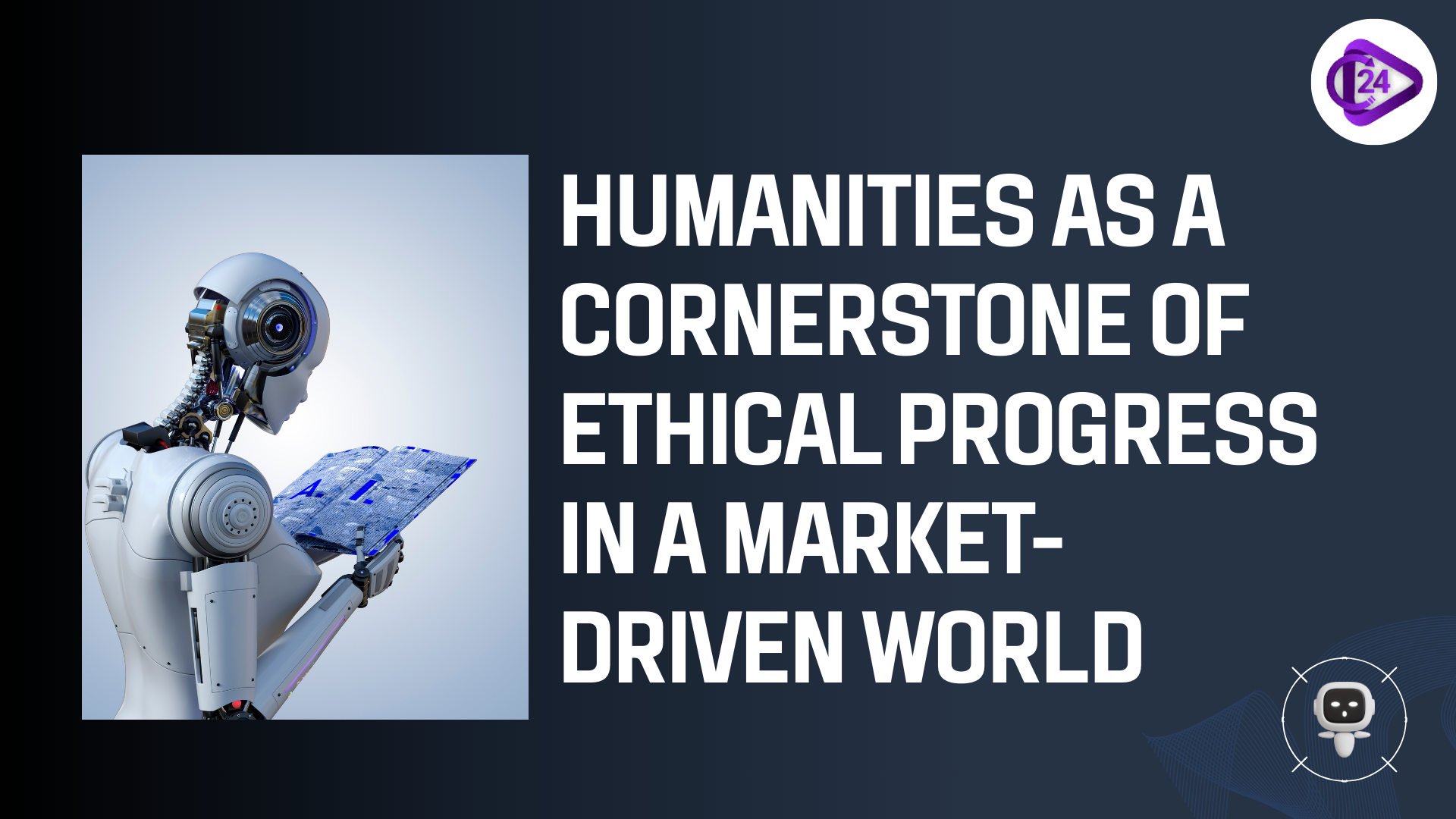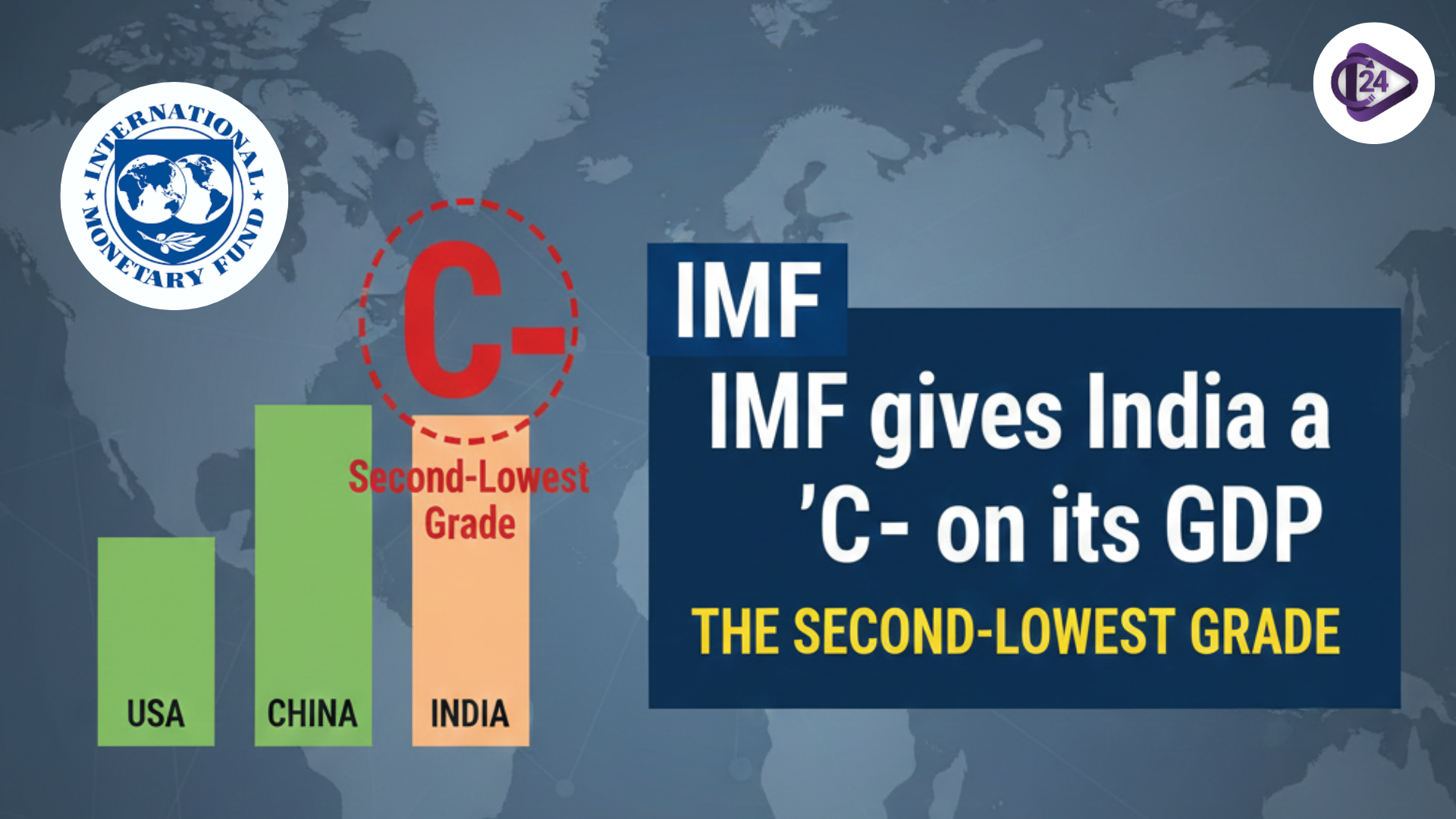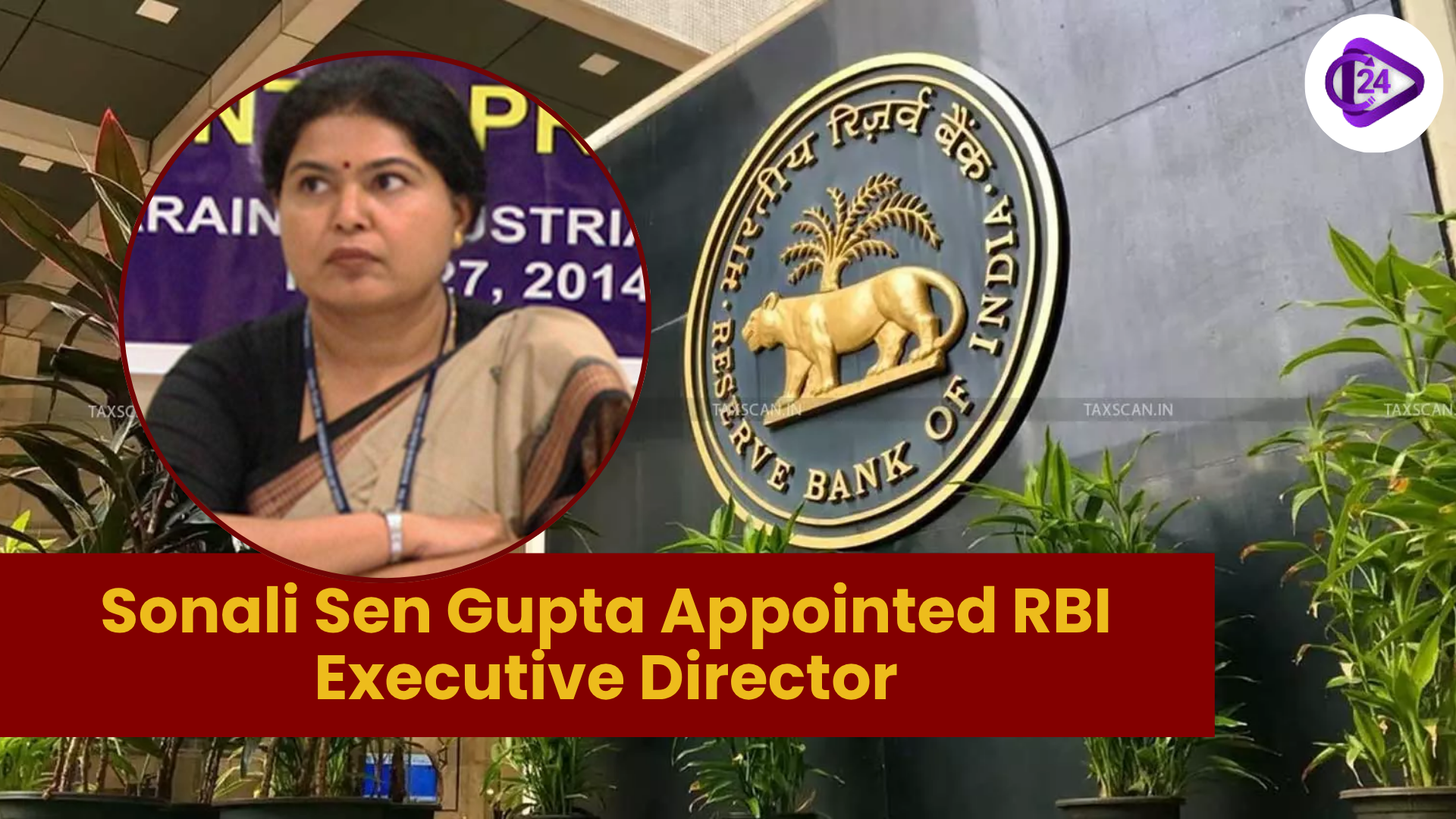
In the modern world of technological advancement and economic indicators, the humanities—literature, philosophy, history, and arts—are frequently disregarded as useless. But they still cannot be ignored to create a reflective, ethical, and empathetic society to work hand in hand with material and technological development. They nurture critical thinking, moral responsibility, and cultural understanding, which are essential to guide innovation. Without the humanities, progress risks becoming mechanical, devoid of empathy and deeper human values.
Issues Pertaining to the Humanities.
-
Economic and Employment favoritism.
-
Market Orientation: STEM and management subjects are given focus because they are viewed as more stable and offering a good career path.
-
Reputation Crisis: Humanities degrees have a reputation of being a dead end most of the time, with a life of teaching or a dead end position.
-
Instant-Outcome Culture: Critical thinking, ethical reasoning, and empathy- fundamental humanities skills have no obvious metric to the market to assess their value.
Institutional Decline
-
Departmental Closures: Universities everywhere, including Canterbury Christ Church (UK) are closing down humanities programmes.
-
Imbalances in funding: The budgets are greatly skewed towards STEM and this makes it more apparent that humanities can be forgotten.
Why Humanities Still Matter
-
Cultivating Core Skills
-
Facilitates critical processes and synthesis of such complexes as misinformation, climate change, and policy making.
-
Offers theories of ethical reasoning, which are critical in assessing the effects of technology and governance in the society.
-
-
Promoting Inclusion and Appreciation of Diversity.
-
The worldviews are broadened by literature and history.
-
-
Arts protect memory, culture and heritage.
-
Leading the Technological and Economic Advancement.
-
Humanities can provide ethical benchmarks for AI, automation and digital economies.
-
-
Modern Workplace Relevance
-
Soft skills, such as communication, adaptability, and empathy, which are based on humanities education, are valued more and more among employers.
-
Resilience in Crisis
-
Humanities prepare societies to resist polarisation, false information and social inequalities.
-
Global Best Practices
-
South Korea: STEAM education is a combination of STEM and humanities.
-
Germany: Collaborations between humanities and industries and cultural institutions.
-
UK: AHRC supports interdisciplinary research between business and policy and humanities.
-
Japan: Kyoto University combines the sciences with humanistic research.
-
France: The digital platforms democratise literature and history.
How to Revive Humanities.
-
Reframing the Narrative
-
Showcase a variety of professional opportunities in policy, law, journalism, cultural management, and ethics in technology.
-
Highlight the power of humanities in moulding morally upright citizens.
-
-
Industry Integration
-
Implement humanities-corporation, NGO, and government internships and projects.
-
-
Curriculum Modernisation
-
Include such issues as climate change, AI, and inequality.
-
Promote discipline based learning between the humanities and STEM.
-
-
Leveraging Technology
-
Increase accessibility via digital platforms, interactive narrations, and virtual museums.
-
-
Promoting Non-Market Values
-
Promote the inherent value of inquiring justice, morality and purpose of existence.
-
Shun is trying to measure a discipline's value by market results only.
-
Conclusion
While STEM addresses efficiency and innovation, the humanities ensure that progress remains ethical, empathetic, and culturally grounded. The question—“What is the point of humanities?”—finds its answer in envisioning a future that values not just economic growth, but human dignity, justice, and cultural depth.



 RBI Retains SBI, HDFC Bank, and ICICI Bank as Domestic Systemically Important Banks
RBI Retains SBI, HDFC Bank, and ICICI Bank as Domestic Systemically Important Banks IMF gives India a ‘C’ on its GDP and other national accounts data, the second-lowest grade
IMF gives India a ‘C’ on its GDP and other national accounts data, the second-lowest grade India Witnesses Rapid Surge in Ultra-Processed Food Consumption
India Witnesses Rapid Surge in Ultra-Processed Food Consumption HDFC Bank Secures the Top Rank in India’s 2025 Brand Value Index
HDFC Bank Secures the Top Rank in India’s 2025 Brand Value Index ASSOCHAM New President Nirmal Minda to Drive Industrial Innovation and Sustainability in India
ASSOCHAM New President Nirmal Minda to Drive Industrial Innovation and Sustainability in India 8th Pay Commission 2025: Latest News, Salary Hike & DA Update
8th Pay Commission 2025: Latest News, Salary Hike & DA Update Sonali Sen Gupta Takes Charge as RBI Executive Director
Sonali Sen Gupta Takes Charge as RBI Executive Director Shram Shakti Niti 2025: India’s Future-Ready Labour Policy for Employment Growth
Shram Shakti Niti 2025: India’s Future-Ready Labour Policy for Employment Growth Secure UPI Transactions: RBI and NPCI Introduce Biometric Authentication
Secure UPI Transactions: RBI and NPCI Introduce Biometric Authentication Shirish Chandra Murmu Appointed as RBI Deputy Governor
Shirish Chandra Murmu Appointed as RBI Deputy Governor






